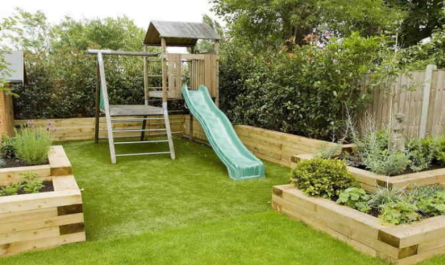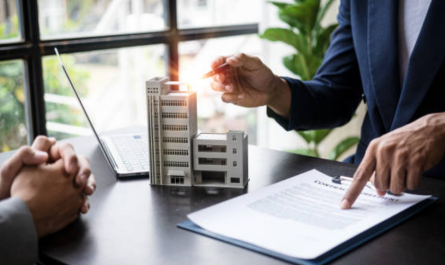Looking for ways to increase your home equity rapidly? Whether you’re buying your first house or have been paying down your mortgage for years, these strategies can help you boost your property’s value and financial security. Building home equity not only increases your net worth but also gives you access to better HELOC options or lower-interest loans for home improvements.
Equity usually grows gradually, but with the right tactics, you can speed up the process. Below are 15 proven steps to build home equity faster and smarter.
1. Shorten Your Loan
Opting for a shorter mortgage term is one of the fastest ways to build equity. A 15-year mortgage, for example, helps you pay off the principal much faster than a 30-year term. You’ll also benefit from lower interest rates. Check current rates on Bankrate to compare your options.
2. Make a Larger Down Payment
A substantial down payment gives you instant equity in your home. Aim for at least 20% to avoid paying PMI (Private Mortgage Insurance). This not only reduces your monthly payments but also improves your loan terms. Learn more about down payments at NerdWallet.
3. Pay More Than the Minimum
Even small extra payments toward your mortgage principal can make a big difference. By paying more than the required monthly minimum, you’ll reduce your interest over time and build equity faster. Try an online mortgage calculator to see how additional payments affect your balance.
4. Consider Refinancing
Refinancing can increase your home equity in two ways — by lowering your interest rate or switching to a shorter term. Use the savings from a lower payment to contribute extra toward your principal. Compare refinancing options at LendingTree.
5. Renovate Your Home
Home renovations can dramatically boost your property’s market value. Upgrading a kitchen or adding an energy-efficient system often yields high returns. Explore value-boosting home improvement projects from HGTV.
For internal reference, see our detailed post on home improvement loan benefits for financing your next renovation project.
6. Stay on Top of Maintenance
Maintenance preserves your property’s value and prevents costly repairs. Regularly inspect roofing, plumbing, and HVAC systems. Read home maintenance tips from Family Handyman to stay ahead of repairs.
7. Pay Closing Costs in Cash
Covering your closing costs with cash helps reduce your loan balance and instantly boosts your equity. Even a small reduction in principal saves you significant interest over time.
8. Buy in a Growing Neighborhood
Location is key. Investing in areas with rising property values helps grow your equity naturally. Research trends using Zillow market data before buying.
9. Consider a Fixer-Upper
Purchasing a fixer-upper allows you to build sweat equity by improving the property’s condition yourself. Check guides on buying fixer-uppers to ensure you make smart renovation investments.
10. Apply Windfalls Toward Your Mortgage
Use bonuses, tax refunds, or extra cash to make lump-sum payments toward your mortgage. This directly reduces your principal. Learn more at Experian’s mortgage guide.
11. Choose Timeless Renovations
Stick to classic designs and neutral finishes that appeal to a wider audience. This ensures a higher resale value. See inspiration from Architectural Digest.
12. Buy a Modest Home
A smaller or lower-cost home gives you flexibility to make larger payments or finance future improvements. Learn the pros and cons of buying below your budget at The Balance.
13. Avoid Overusing Your Equity
While borrowing against your home’s value can help finance renovations, overusing your home equity reduces your net worth. Use loans wisely — read CFPB’s home equity guide to understand your options.
14. Pay Biweekly
Switching to biweekly payments instead of monthly ones results in one extra payment per year. This accelerates debt reduction and boosts your home equity. Learn how to set it up at Rocket Mortgage.
15. Be Patient
Time is your ally. Property values generally rise, and every payment increases your stake in your home. Even during downturns, real estate tends to recover. Read about long-term housing trends at Federal Reserve Economic Data.
Final Thoughts
Building home equity is a smart long-term financial move. Whether through renovations, regular payments, or smart buying decisions, these steps can help you grow wealth and achieve financial stability. For additional financial insights, check out our internal post on smart personal finance tips to make your money work harder.







